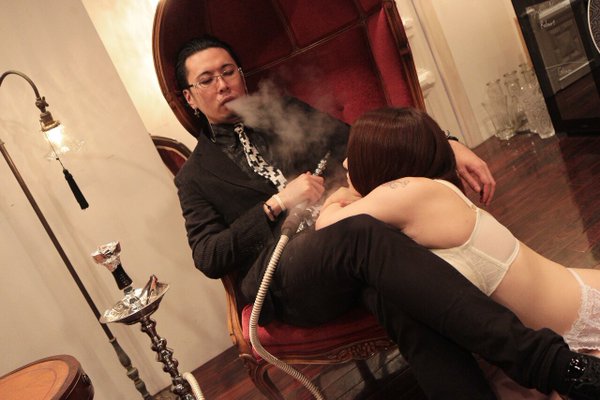What are the dark secrets of the entertainment industry in Japan? Here is our subjective list.
1: Sex
Despite the control exerted by talent agencies over idols’ private lives (who they can and cannot date, or in the case of some groups, not letting them date or have sex at all), the truth is that there is plenty of sex happening — it’s just not all that pleasant or consensual. Makura eigyo (sleeping with people to get ahead, like the casting couch) is rampant at many levels of the gravure and idol industry, with female models and entertainers frequently having sex with older male managers in order to further or not to damage their careers. Former gravure idol Minako Komukai went public with this, along with former AKB48 idol Eri Takamatsu. Needless to say, this is a worldwide phenomenon, and is also ingrained in Korea, as the suicide of Jang Ja-yeon exposed.
2: Abuse
Famously alleged by a weekly tabloid magazine and the subject of a court case, it is widely suspected but never mentioned that Johnny Kitagawa — the boss of the most powerful agency in Japan — has a history of abusing young boys at his agency. Never proven categorically, it is just the most famous “secret” from a whole litany of other abuse rumors.
Image may be NSFW.
Clik here to view.
3: Yakuza
Like many other aspects of mainstream Japanese society (politics, construction and real estate), the talent agencies are heavily involved with the Yakuza crime world, as the cases of AKB48’s Kotaro Shiba and Shinsuke Shimada have shown.
4: Plastic Surgery
While rarely admitted, plastic surgery is rife among idols (though not as endemic as in South Korea). One notable and unapologetic example is Yuuri Morishita.
5: Drugs
Recreational drug usage is common among idols, entertainers and managers, though this is only revealed when there is a scandal and it is then swiftly made to appear like it is an isolated case. See the examples of Noriko Sakai, Ai Takabe and Minako Komukai.
Image may be NSFW.
Clik here to view.
6: Prostitution
Idols and entertainers often engage in “compensated dating” or other forms of prostitution, either before, during or after their careers. A notable recent example is Shoko Takasaki.

